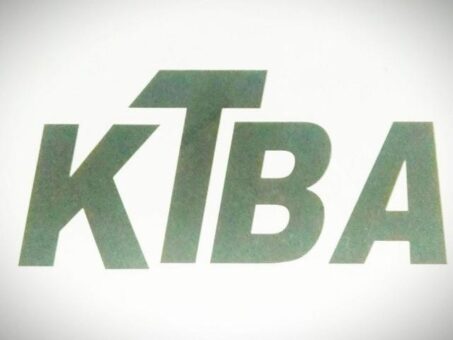Tax experts have raised questions regarding the proposed enhancement of the foreign currency threshold for the money whitening scheme outlined in the Finance Bill of 2023.
The amendment to Section 111 of the Income Tax Ordinance, 2001 has come under scrutiny during a post-budget seminar organized by the Karachi Tax Bar Association (KTBA). Concerns were expressed about the implications of this change and its alignment with regulatory guidelines, such as those set by the Financial Action Task Force (FATF).
READ MORE: Highlights of Amendments To Income Tax Introduced Through Finance Bill 2023
Details of the Proposed Amendment:
Under the proposed amendment, any amount remitted from outside Pakistan, without sufficient information on its nature or source, would not be considered taxable income for a taxpayer if certain conditions are met. These conditions include the remittance not exceeding the equivalent of PKR 100,000 in USD, being conducted through a normal banking channel, and being converted into PKR by a scheduled bank with the production of a certificate.
Expert Analysis:
During the seminar, Haider Ali Patel, FCA, highlighted that the previous threshold under this provision had gradually been reduced to PKR 5 million due to concerns over the use of this scheme for whitening non-taxed income. Regulatory agencies, including FATF, have scrutinized this provision closely. Surprisingly, the proposed amendment now seeks to increase the threshold to USD 100,000, which is approximately PKR 30 million based on the current open market exchange rate.
Criticism of the Super Tax Amendment:
The amendment to Section 4C of the Income Tax Ordinance, 2001, which pertains to Super Tax, also faced severe criticism at the seminar. Originally introduced in 2015 for the rehabilitation of temporarily displaced persons, the Super Tax was intended to last for one year but continued until tax year 2021. In tax year 2022, Section 4C was introduced, imposing a super tax on high-earning individuals.
Legal Challenges and Implications:
The Sindh High Court struck down the imposition of a 10 percent super tax on individuals belonging to 15 specified sectors, citing discrimination. Additionally, the entire Section 4C was invalidated based on the argument that if zero percent tax was mandated for tax year 2022 according to Section 4B, then the duplicate provisions of Section 4C cannot charge any tax for the same year. The Supreme Court of Pakistan, in an interim judgment, allowed the recovery of super tax at the rate of 4 percent, pending a final judgment on the application of the tax.
Impact on Taxpayers:
Haider Ali Patel emphasized that taxpayers are still grappling with the additional 4 percent super tax introduced recently. The Finance Bill of 2023 proposes a significant increase, with a uniform 10 percent super tax on individuals and Associations of Persons earning Rs500 million or more. This steep rise in tax rates is expected to have far-reaching implications on existing businesses and future investments.
Conclusion:
The proposed increase in the foreign currency threshold for money whitening has raised concerns among tax experts, who question its compatibility with regulatory guidelines. Additionally, the amendment to the Super Tax has faced criticism and legal challenges. The implications of these changes on taxpayers, particularly the significant rise in super tax rates, are expected to be substantial, impacting existing businesses and future investments.
READ MORE: Immunity to Bring Dollars into Pakistan May Lead to Misuse, Experts Warn
